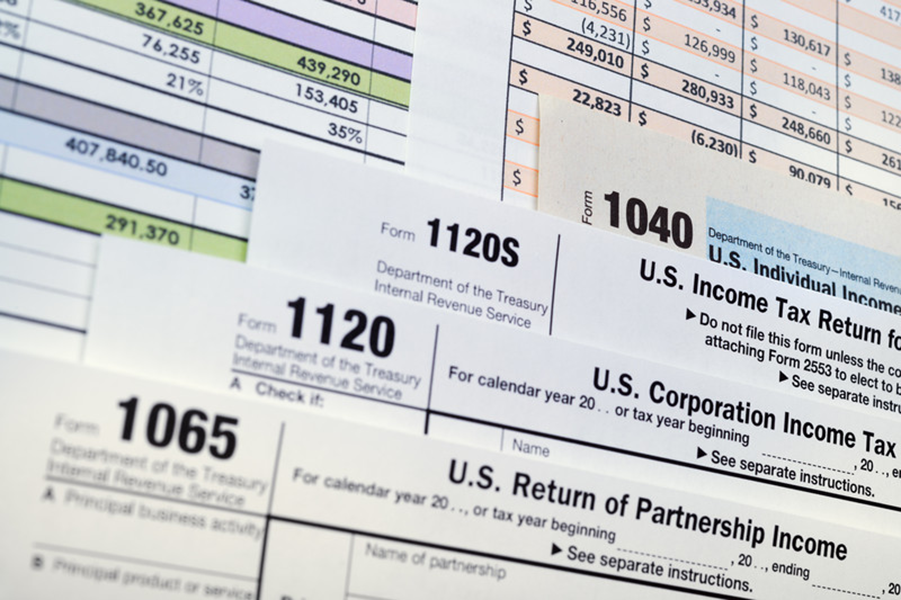Due to the CARES Act, filing your 2020 taxes may look a bit different this year. By becoming familiar with certain deductions and rules, you may be able to avoid costly mistakes. Here’s what you need to know for this year’s unique tax season:
RMDs Require Special Attention.
Even though RMDs were suspended for 2020, you may have taken your RMD at the start of 2020 before the CARES Act. If so, you had until August 31st, 2020, or 60 days after the payout, to distribute the RMD back into your account and treat it as a subsequent redeposit as a tax-free rollover. If you didn’t undo any RMDs last year, you’re still required to pay taxes on the distribution.
Charitable Deductions May Save You Money.
If you made charitable deductions in 2020, you could deduct up to 100% of your adjusted gross income (AGI) in qualified charitable deductions if you itemize your deductions. If you opt for the standard deduction, you can take advantage of the “above-the-line deduction,” which will allow you to write off up to $300 of the charitable deductions you made in cash.
Stimulus Payments are Not Taxable.
The IRS sent out two rounds of stimulus payments in 2020, one in the spring of 2020 and another in late December. If you received a stimulus payment, it wouldn’t be considered taxable income. If you received more money than you qualify for based on your 2020 income, you wouldn’t have to repay the stimulus funds.
Unemployment Benefits are Taxable.
Unemployment benefits are taxable income by the IRS and in most states. You may receive a 1099 form showing your unemployment benefits income, requiring you to pay taxes on the amount you received through unemployment benefits in 2020.
The Home Office Deduction Isn’t for Everyone.
If you worked from home during the pandemic, you might assume you qualify for the home deduction. Unfortunately, work-related expenses aren’t deductible on personal taxes if you’re an employee on an employer’s payroll. A home office deduction is only an option if you’re a freelancer, entrepreneur, or another self-employed individual.
Consult Your Tax Professional.
Meet with your tax professional to determine how these tax changes may affect you for your 2020 filing and next year when you file your 2021 taxes.
Need assistance? Contact us now




